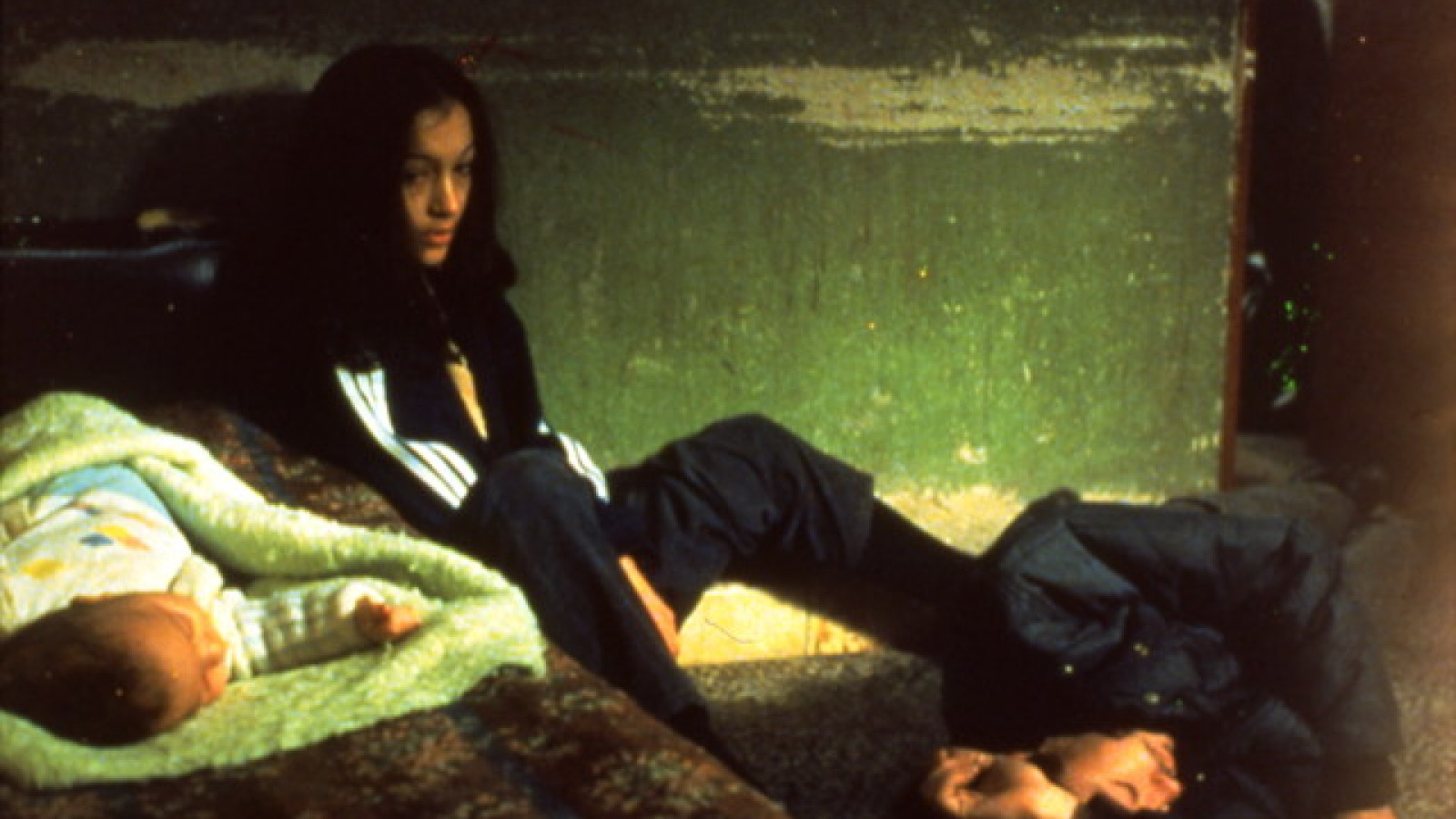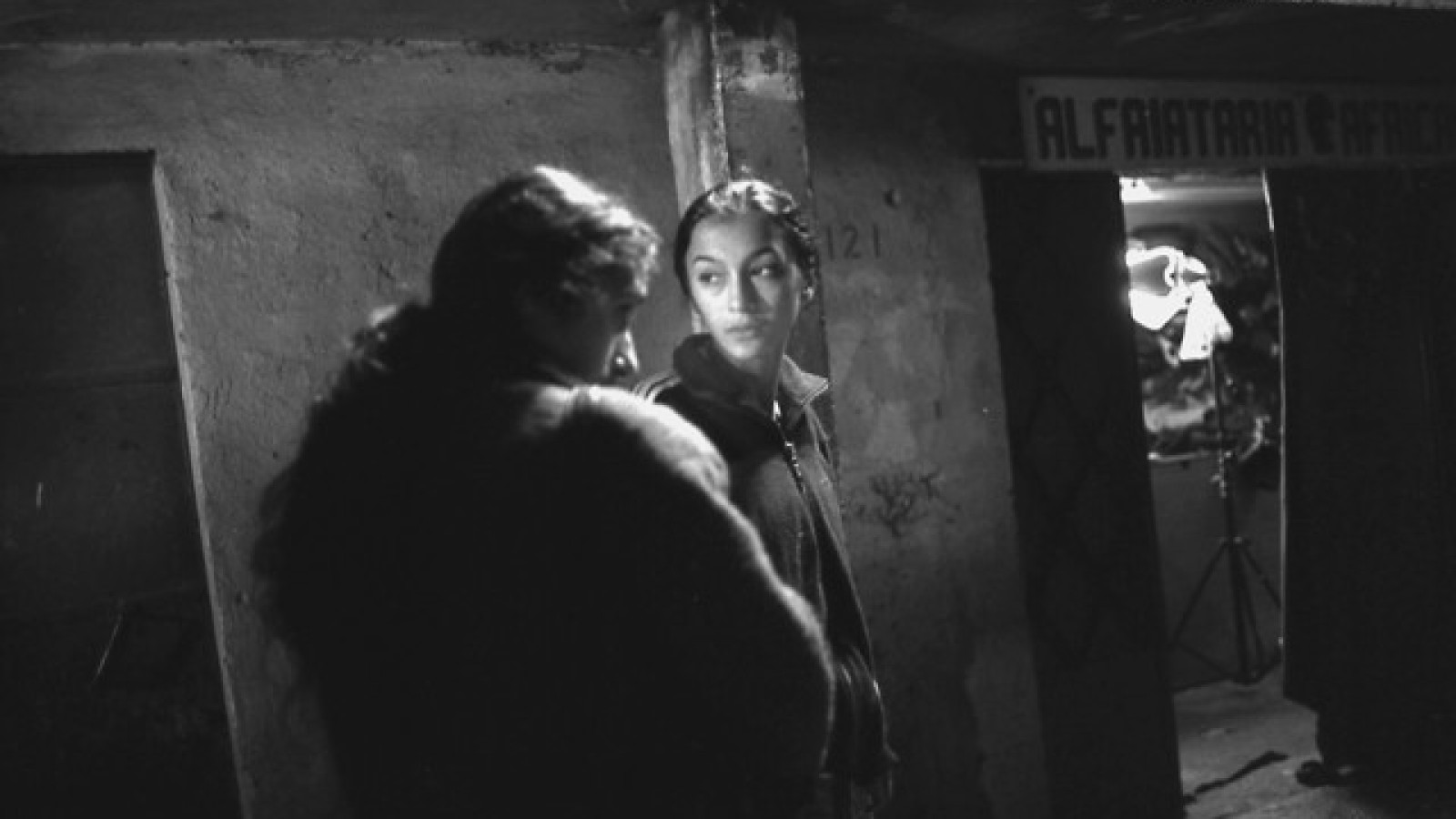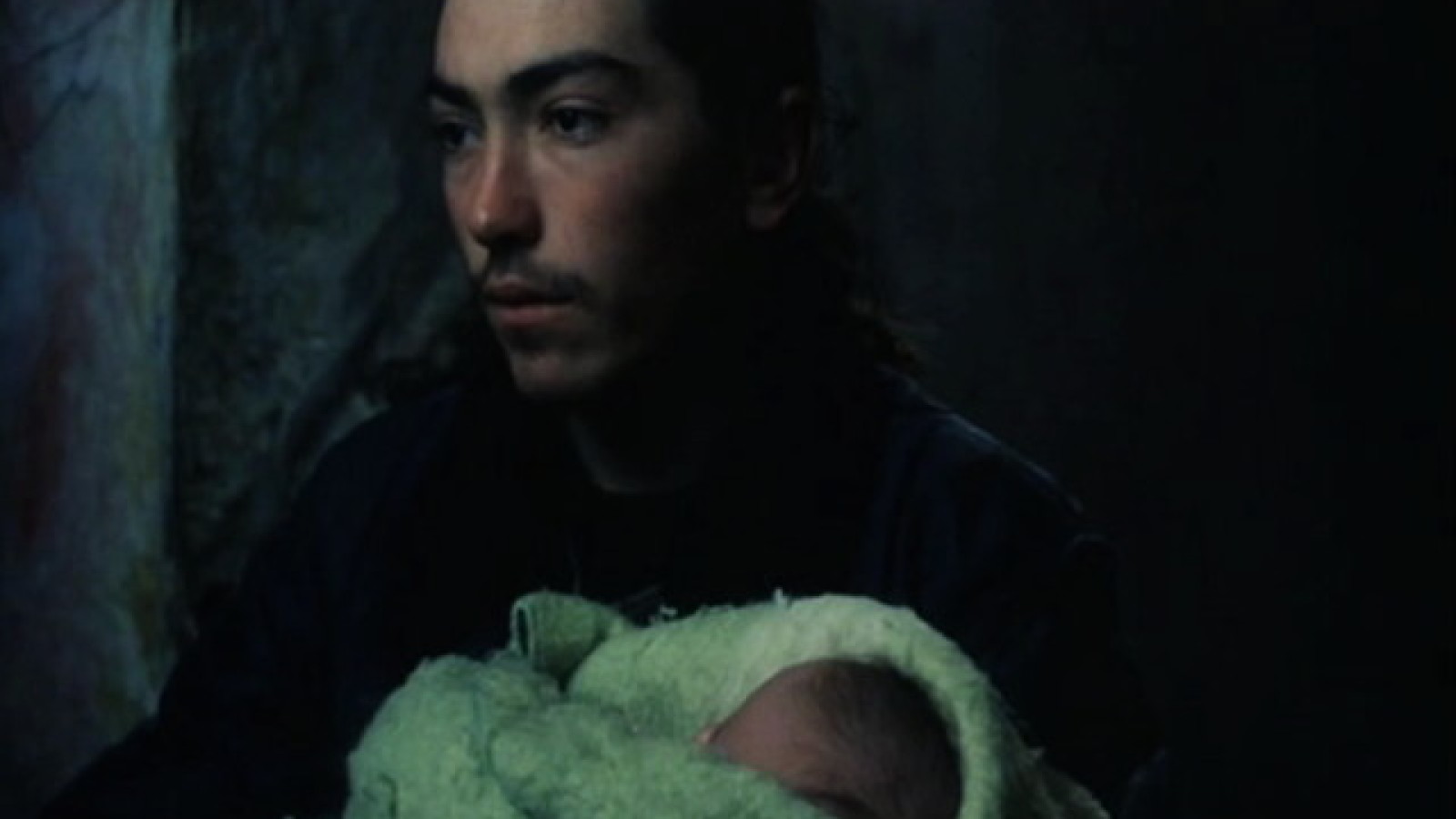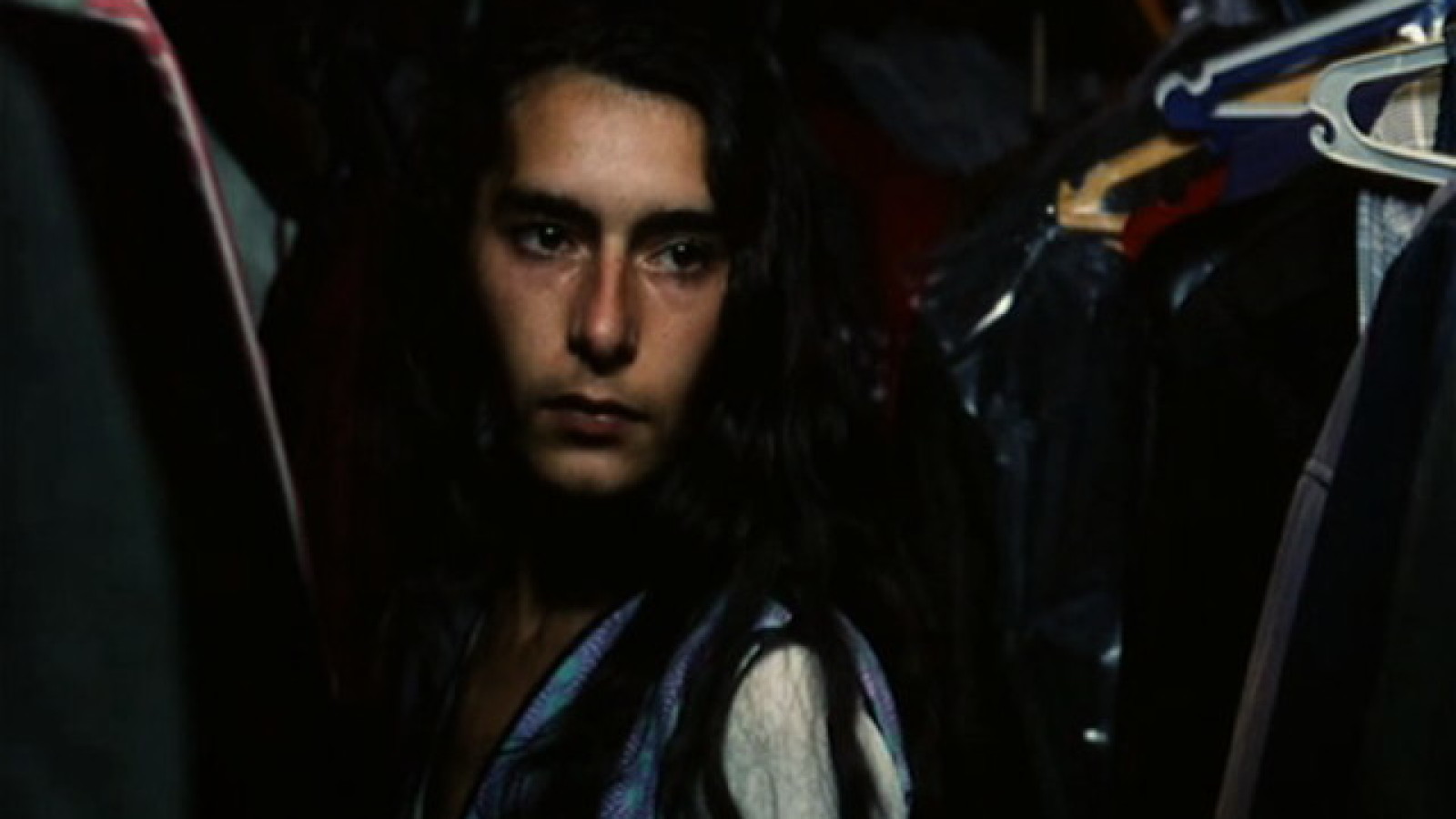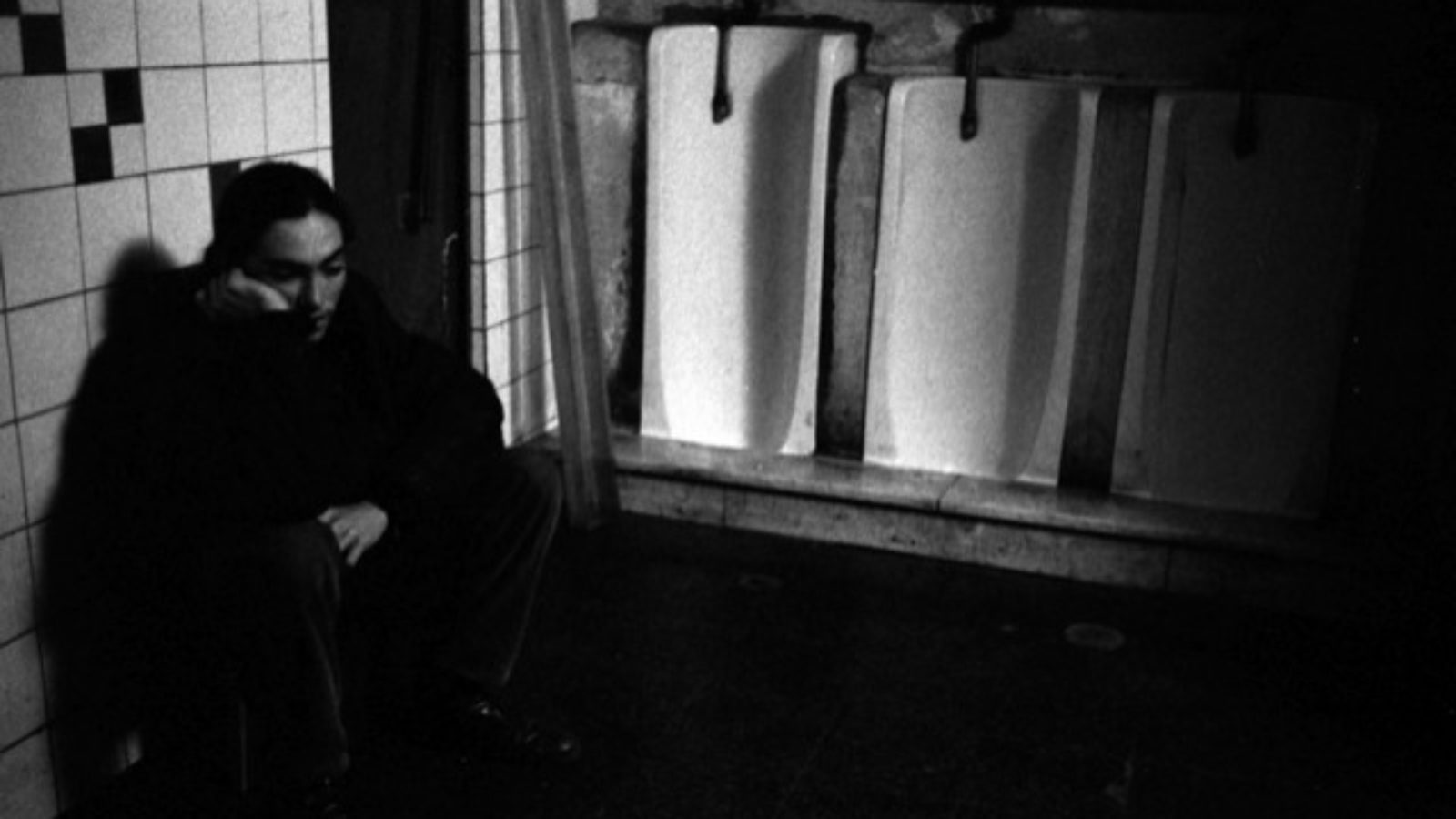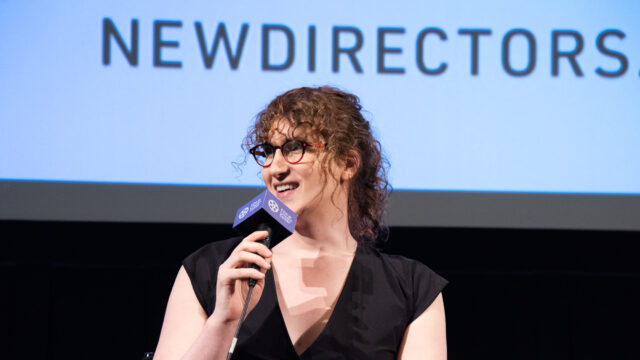Ossos
Q&A with Pedro Costa following the July 17 screening
Near the end of the emotionally and physically trying shoot of Casa de Lava, a handful of Cape Verdeans asked Costa to deliver bundles of letters to their émigré relatives in Lisbon. Fontainhas, the marginalized ghetto where he found many of those letters’ addressees, would become the geographic and spiritual center of his next three films. Ossos, which starred two residents of the neighborhood as young parents in crisis and a third, Vanda, as the wiser woman in their orbit, was the last of Costa’s features to be shot on celluloid and with a full crew. “The normal way of making films,” he realized during the movie’s production, was “all wrong” for these people and this place. But Ossos, taken on its own, is a deeply powerful, endlessly evocative accomplishment: “a nineteenth-century feuilleton,” as the critic Luc Sante put it, “filtered through the ambiguities of our time and executed with a mesmerizing delicacy.”

